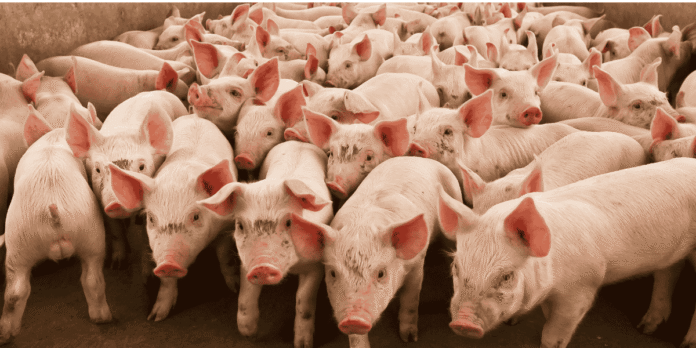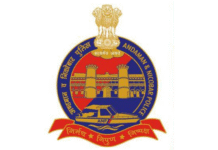The Municipal Council of Sri Vijaya Puram has announced strict measures to address the growing concerns of pig rearing within city limits, following repeated complaints from residents about health hazards, sanitation issues and traffic risks. The directive requires the removal or relocation of all pig sheds, pens, and enclosures from municipal areas within three days, failing which authorities will take enforcement action.
The order comes after residents across several neighbourhoods raised concerns about pigs roaming freely in residential areas and public spaces. Localities such as Delanipur, Prem Nagar, Goal Ghar, Middle Point, Junglighat, Phoenix Bay, Buniayadabad and Brookshabad were identified as the most affected. Complaints ranged from foul odours and unhygienic conditions to traffic congestion and damage to public property.
Health concerns have been at the forefront of the issue. Pigs are recognised carriers of several pathogens and parasites that can be transmitted to humans, including swine flu, leptospirosis, and tapeworm infections. The presence of pigs near open drains and garbage dumps has also been linked to the spread of vectors such as flies and mosquitoes, heightening the risk of epidemics like dengue, malaria, and diarrhoeal diseases. The Municipal Council highlighted that pig waste accumulating in sheds and open areas further contributes to environmental contamination and public health risks.
Traffic safety is another factor driving the crackdown. Stray pigs frequently wander onto roads, creating obstacles for vehicles and pedestrians. Instances of congestion and minor accidents attributed to animals straying into traffic have added to public frustration. Officials noted that such incidents also damage civic infrastructure, undermining efforts to keep the city liveable and orderly.
The Municipal Council has framed its decision not just as a matter of by-law enforcement but as an initiative to protect public health and safety. Pig rearing within municipal limits is in violation of existing regulations, and authorities have made it clear that violators will face consequences. Owners who fail to comply with the relocation order will see their pigs captured and transferred to designated sheds in Brookshabad at the owners’ cost and risk. The Council has stated it will not be liable for any loss or damage to animals during the operation.
Legal action also looms for those who persist in violating the directive. The Council warned that breaches of these instructions would invite penalties under municipal bye-laws and other relevant provisions. By setting a clear timeline for compliance and announcing strict enforcement measures, the administration signalled its determination to resolve the issue without delay.
The problem of stray pigs has been a long-standing concern in Sri Vijaya Puram, where rapid urbanisation has often clashed with traditional practices of animal husbandry. While residents acknowledge the need for livelihoods, the encroachment of pig sheds into densely populated areas has been widely viewed as unsustainable. The Council’s order seeks to strike a balance by relocating the activity to designated areas, away from residential zones.
Officials have appealed for public cooperation in implementing the decision, stressing that civic responsibility is a shared task. Residents have been asked to report instances of pig rearing within city limits, ensuring authorities can act swiftly. The call for community participation underscores the broader aim of maintaining clean surroundings and supporting the vision of a healthier, safer Sri Vijaya Puram.

By directly addressing the pig nuisance, the Council hopes to reduce disease risks, ease traffic disruptions, and enhance overall hygiene standards in the capital of the Andaman and Nicobar Islands.
Ultimately, the enforcement drive reflects a broader push towards creating a city that is both liveable and resilient. With health risks mounting and residents voicing repeated concerns, the Municipal Council’s intervention marks a decisive step in aligning urban practices with public safety priorities.






